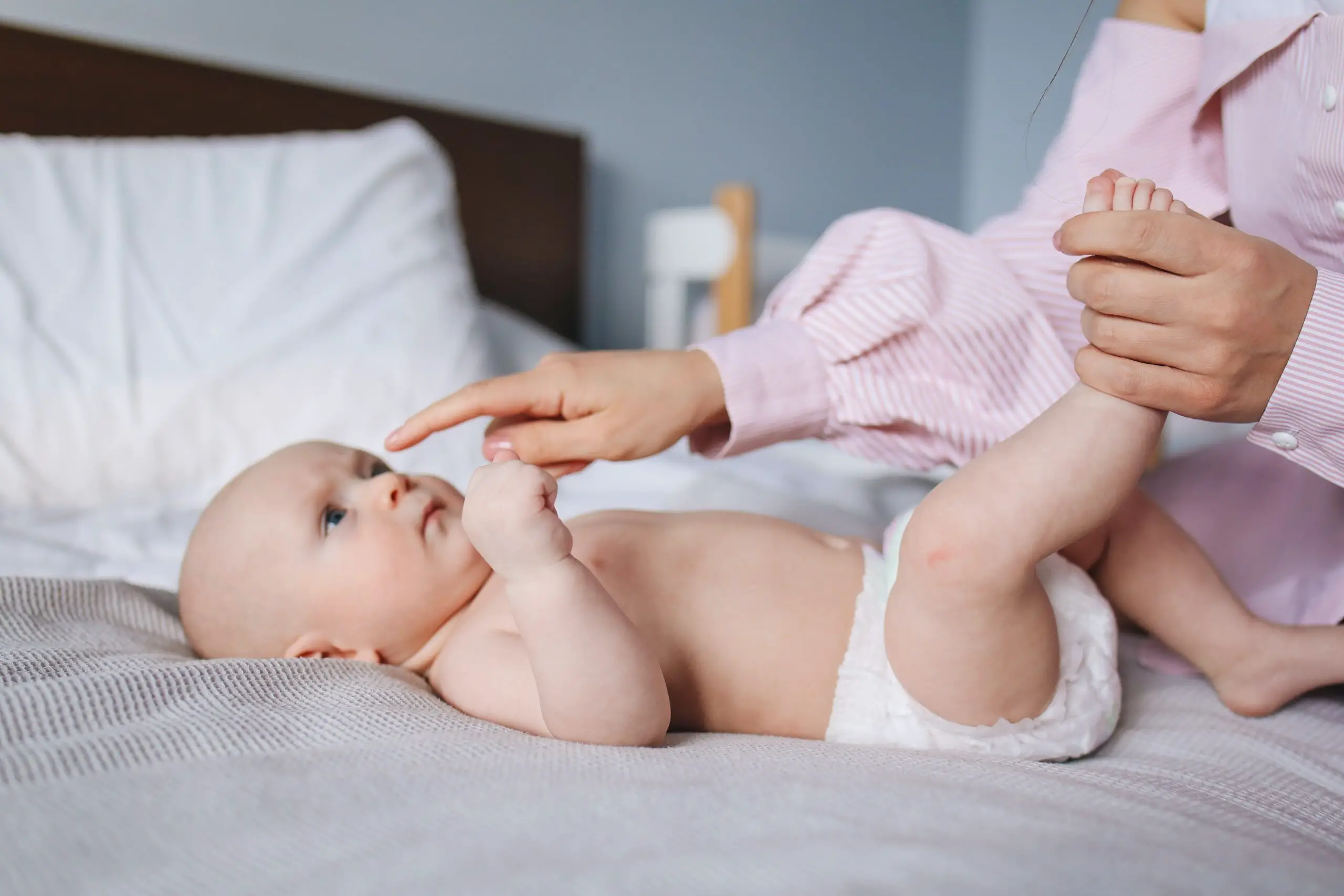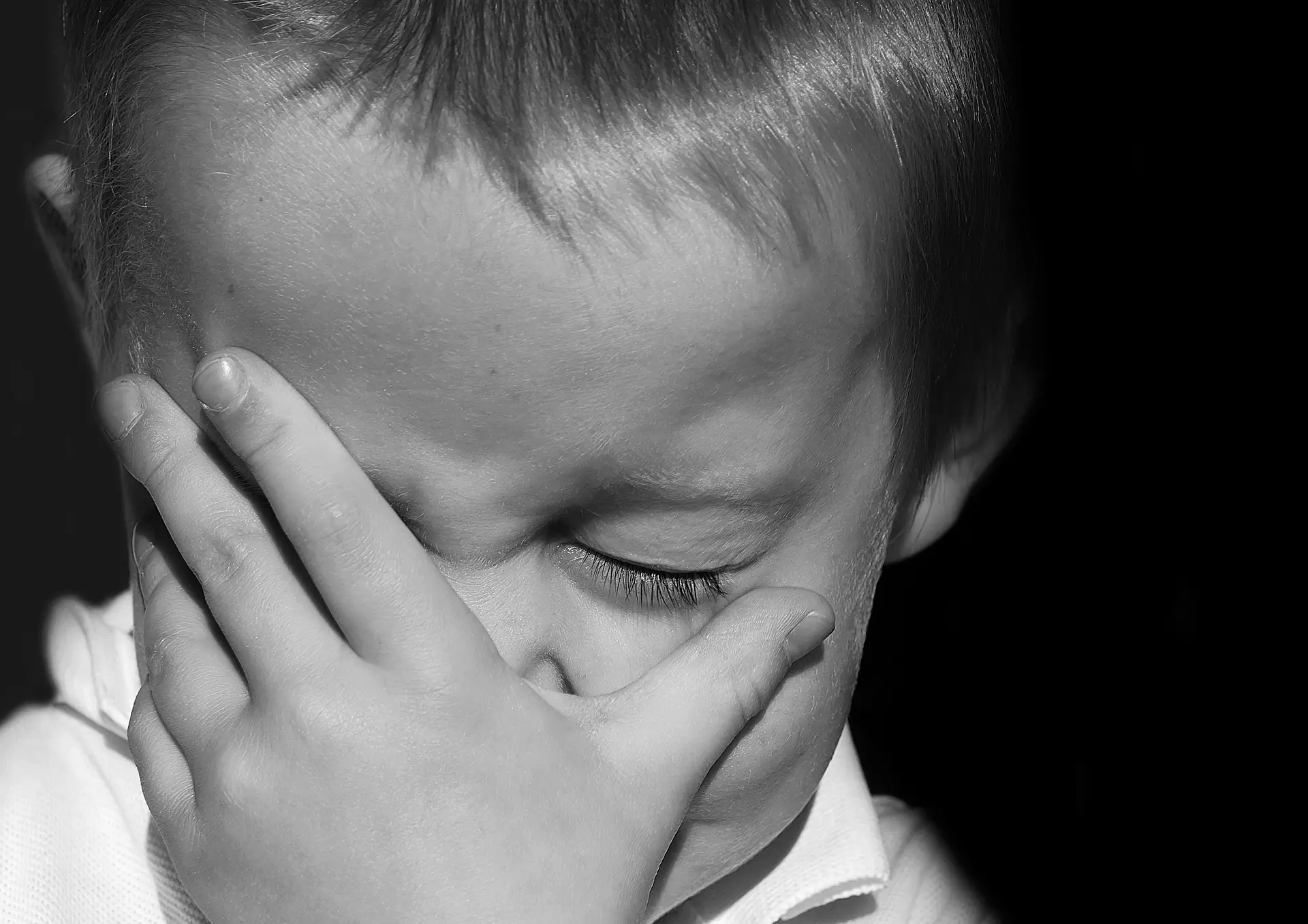Does your two or three-year-old child ever have green stool? If so, you wonder what it means, right? Is green poop a sign of infection or is it normal? Continue reading and find out what green stool is and what can cause it. Welcome to the green poop toddler club.
What is a Green Stool?
What does green stool indicate? It is a condition in which the feces have a green tint or coloring. In some cases, green poop may be normal, such as in breastfed infants. Green poop can also be caused by taking iron supplements or by eating certain foods such as leafy green vegetables. A green stool can also indicate a problem with food digestion due to a disorder, disease, or another abnormal condition.
The normal color of feces or stool is generally dark brown to light brown. The stool gets its color from bile, which is a yellow-green fluid produced in the liver that aids in digestion. As the food goes through the digestive tract, enzymes break the bile down, which results in various shades of brown stool. When a condition or disease causes diarrhea, food goes through the digestive tract quickly, and the stool may be green because the digestive enzymes did not have time to color the stool brown.
Taking an iron supplement or consuming foods high in iron, either separately or in a multivitamin, can cause dark green or black stools.
A green stool can be accompanied by other symptoms, depending on the underlying condition, disease, or disorder. Symptoms that may accompany green stool are:
- Abdominal bloating, cramping, pain, or swelling
- Bad appetite
- Change in bowel habits
- Diarrhea
- Flatulence, gas, or indigestion
- Sore throat, fever, fatigue, headache, cough, aches, and pains, and other flu-like symptoms
- Foul-smelling stool
- Mucus or undigested food in feces
- Nausea or vomiting
- Rectal pain or burning sensation
- Unexpected weight loss
What Does Green Poop in Babies or Children Mean?

In their first days after birth, newborns will pass meconium; a sticky, dark stool consisting of tissue, fluids, and cells consumed while in the womb. Meconium can appear dark green or black. As babies begin to eat, their stools will typically change to tan, yellow, or orange.
Both formula-fed and breastfed babies can have green stools. In breastfed babies, the green tint may be the result of foods consumed by the mother, such as leafy green vegetables or foods containing green dye. Formula-fed babies can have an occasional green trace in their stool, but generally, it should be yellow or tan.
In older children or toddlers, green stool is typically the result of eating foods that are artificially or naturally green. Green stool in a toddler usually is not a cause for concern. But if the child is under five years old and has diarrhea, it can quickly lead to dehydration. Watch for things such as crying without tears, no wet diapers for at least three hours, and dry lips or mouth.
If your toddler has green stool along with severe diarrhea or other symptoms, it can lead to a serious or life-threatening condition that needs to be evaluated in an emergency setting immediately.
Symptoms such as:
- Change in alertness or consciousness, such as passing out or unresponsiveness
- Dizziness
- High fever higher than 101 degrees Fahrenheit
- Heavy rectal bleeding
- No urine production, or in an infant that does not produce the usual number of wet diapers.
- Rapid heart rate or tachycardia
- Rapid breathing
- Other breathing issues, such as shortness of breath, difficult or labored breathing, wheezing, choking, or not breathing
- Stiff or rigid board-like abdomen
- Severe abdominal pain
- Severe diarrhea
- Weakness or loss of strength
Why is Poop Green?

Green stool can occur due to a typical or harmless condition and not be a cause for worry. For example, your feces maybe green after consuming some iron-rich foods or supplements, leafy green vegetables, or products containing green food coloring.
Green stool can be a symptom of various intestinal conditions that interfere with the normal digestion process, like Salmonella food poisoning. When food passes through the digestive system, a yellow-green fluid called bile helps digest food and changes color, resulting in stool that is normal. When an infection, such as Salmonella that causes diarrhea, food, and feces then pass quickly through the digestive tract before changing to a brown color.
The Following Diseases Can Cause Green Stool
Is green poop a sign of infection? Yes, a bacterial infection can be a cause of green poop. Other causes are:
- Celiac disease is a severe intolerance to gluten that causes damage to the small intestine
- Eating disorders, such as binge-eating or abusing laxatives
- Giardia, a protozoan infection
- Intestinal cancer
- Irritable bowel syndrome or IBS is a digestive discomfort that does not cause intestinal damage or serious disease
- Pseudo membranous colitis, which is often caused by an overgrowth of C. difficile bacteria after a course of antibiotics for a different bacterial infection
- E. Coli food poisoning or Salmonella
- Viral gastroenteritis or stomach flu
Medication and Foods That Cause Green Stool
Green stool can be the result of supplements and other ingested substances such as:
- Breast milk
- Some antibiotics, which lead to antibiotic-associated diarrhea and progress to pseudo membranous colitis
- Eating green crayons
- Green food colorings, such as those in popsicles or drinks
- Iron supplements
- Laxatives
- Leafy green vegetables, rich in iron
- Foods that are green in color, whether naturally or artificially, can give your stool a green tint. Green vegetables have large amounts of chlorophyll, the green pigment which causes plants to carry out photosynthesis. This pigment makes its way through the digestive system, resulting in green stools.
- Basil, parsley, cilantro, and other green herbs
- Foods with green dye, like green Jell-O, green candy or gummy snacks, or ice pops
- Canned vegetables
- Green frosting
- Green fruits, such as green apples, avocados, jalapeño peppers, green grapes, and honeydew melon
- Green vegetables, like broccoli, celery, green beans, zucchini, peas, green peppers, asparagus, and Brussels sprouts
- Hemp seeds
- Powdered green tea
- Pistachio nuts
- Spinach, beet greens, kale, watercress, bok choy, arugula, Swiss chard, and other leafy green vegetables
When should you be concerned about green stool?
Green stool will be expected based on your circumstances, but it can also be caused by a more serious intestinal infection or other disorder. Remember to contact your healthcare provider if your toddler develops a continuous color change in his stool. Once the underlying cause has been diagnosed, following the treatment plan that you and your healthcare provider design specifically for your toddler can help reduce any potential complications, including:
- Dehydration from loss of fluids
- Low potassium levels
- Malabsorption syndrome
- Malnutrition
When should a doctor be consulted for green stool?
To diagnose the underlying cause of your toddler’s green stool, your doctor or licensed healthcare practitioner will ask several questions relative to the symptoms. You can help your healthcare provider in diagnosing the underlying cause of green stool by providing answers to the following:
- When did the green stool begin?
- What is the texture, color, and frequency of your toddler’s bowel movements?
- What medications, vitamins, and supplements is he/she taking?
- Does he/she have any other symptoms?
Green stool in your toddler can result from consuming foods that are artificially or naturally green in color. Caffeinated drinks, spicy foods, or medications such as antibiotics that affect your digestive tract cause food to move through at a faster than usual speed and result in green or dark stools.
So unless your toddler exhibits some of the symptoms mentioned above, you have nothing to be concerned about. Don’t worry about being in the green poop toddler club, it will pass.





